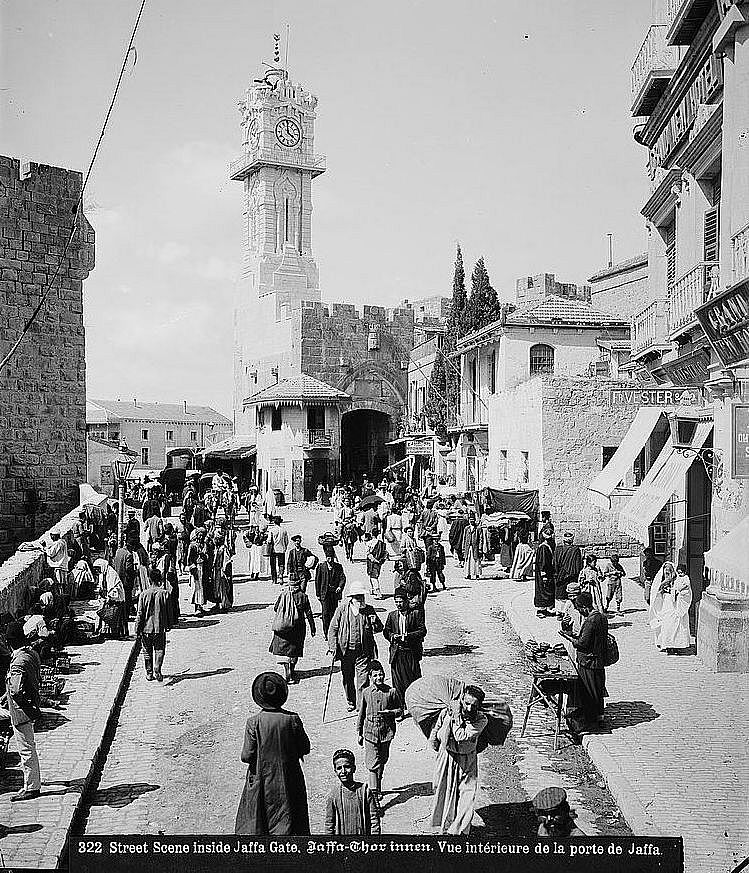Futures Interrupted: social pluralism and political projects beyond coloniality and the nation-state
SNSF Consolidator Grant: Prof. Dr. Falestin Naïli
This projects aims to renew our perspective on the period between the end of the Ottoman Empire and the beginning of the age of nations in the Arab world by paying particular attention to local actors. The focus on unrealized social and political projects promoted by local actors allows us a look at the Arab world beyond the colonial framework and beyond the prevailing nation-state model. It also offers a view of alternative articulations of belonging and political community.
Content and goal
This project concerns futures that were conceived or imagined by the people of the Arab world, but which were not implemented or not fully realized due to the course of historical events between the end of the age of empires and the beginning of the age of nations. Using case-studies stretching from North Africa to South West Asia and the Arabian Peninsula, the project will be particularly attentive to the way in which these unimplemented or unfinished projects dealt with the social pluralism that characterized the region at that time and that, in many parts of the area, was upset by the colonial division into separate states that occurred mostly after the First World War.
Indeed, there have been and still are numerous contestations concerning the application of the nation-state model in the region. The passage from the multi-cultural and multi-confessional Ottoman imperial framework to that of separated nation-states was fraught with conflict and violence, but as all interstitial moments, it was also rife with new ideas, concepts and definitions. Below these new ideas laid practices of daily life, and in particular the “lives in common” that Muslims, Christians, Jews and others shared in the regions’ cities and villages. This project intends to provide the link between daily life, popular sociability and political projects that emerged during that period. Local idioms of community and grammars of inclusion will form an important part of the research focus as well as non-territorialized forms of political belonging.
Scientific and social context
This project will follow a bottom-up approach, proceeding from daily life and practice and moving up to social and political movements. It will be source-driven, not theory-driven, while engaging critically with existing social and political theory. Its objective is to enrich the pool of concepts at the disposal of political science and sociology through a grounded historical analysis of social and political imaginaries in the Arab world.
Keywords
Belonging, citizenship, nation-state, colonialism, coexistence, Arab world, former Ottoman Empire, political history, social history, oral history
Prof. Dr. Falestin Naïli
ProfessorinProfessorin
Maiengasse 51
4056
Basel
Schweiz

